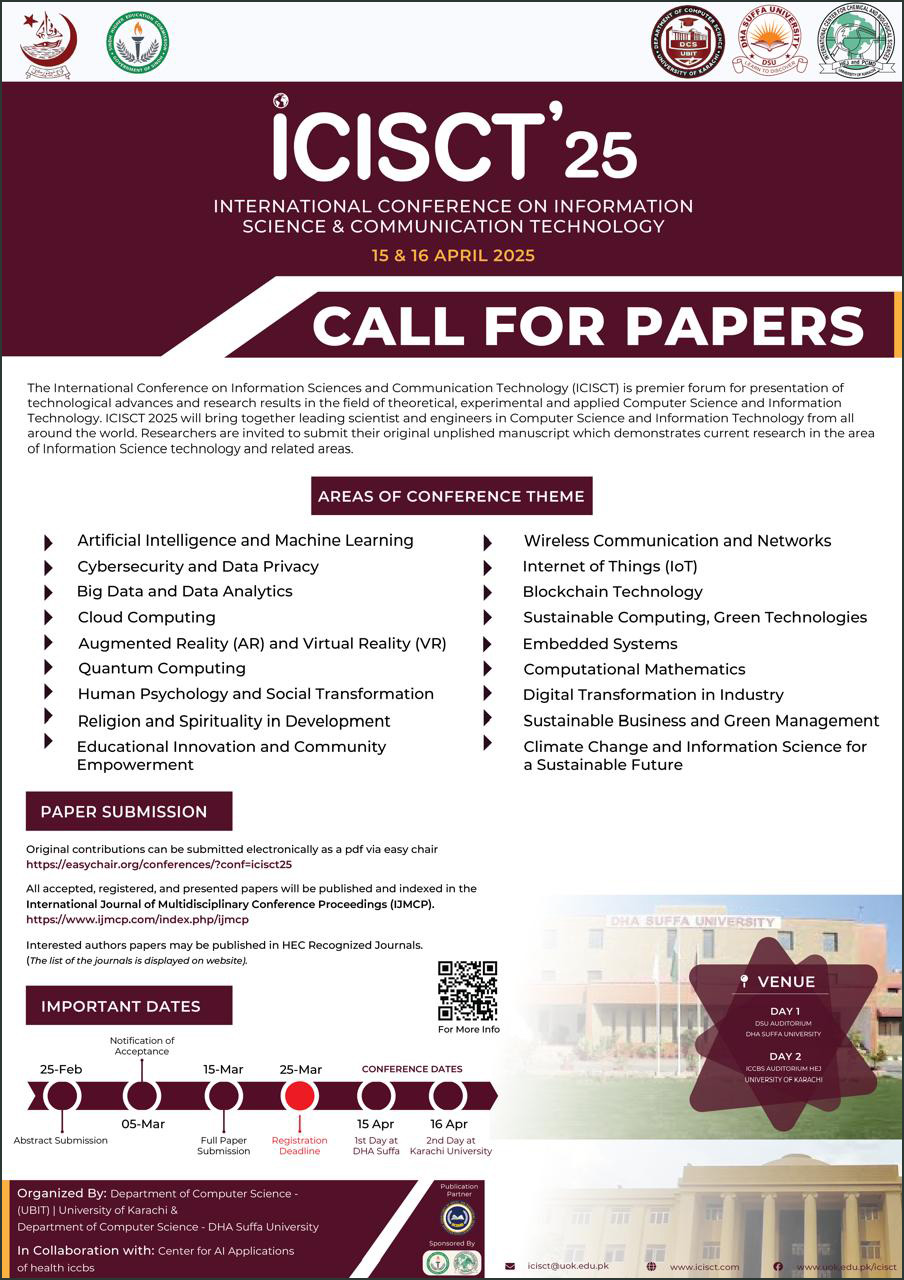States’ Mutual Interest Over the Imperative of Rising Environmental Concerns; A Wise Measure to Gear Up Against the Eruption of Climate Change Terrorism
DOI:
https://doi.org/10.61503/cissmp.v3i3.201Keywords:
Environmental Security; Climate Change; Ecological TerrorismAbstract
Along with other non-traditional security issues, climate change has gathered unprecedented global attention and is often interlinked with human security issues in terms of health and availability of resources. Further, the 21st century, though hit by the evil of insurgencies and terrorism over religious issues, has now entered the orbit of environmental terrorism over the contesting interests of land, drinking water, clean air and non-renewable resources. Thus, by highlighting the contemporary ecological challenges, the research has carved out future ecological disasters triggering clashes among nations over competing reserves. This research paper has discussed the changing global political order amid rising climatic concerns by devising a three-step evolutionary model. According to this study, the Eastern and Western blocs must cooperate based on the foundations of Liberal Environmentalism to deal with global environmental risks that can otherwise challenge the paradigms of state sovereignty. Also, drought, food insecurity, and drastic climate change patterns will eat the entire globe, removing any demarcation between the West and East, leading to the survival of the fittest. The study has analyzed the aggravation of climate threats to environmental terrorism by emphasizing the causes of cross-border climate challenges and the demarcation of climate-changing aggressors and victims. Finally, the paper has suggested solutions based on cooperation and accountability in the international anarchic system.
Downloads
Downloads
Published
Issue
Section
License
Copyright (c) 2024 Maham Zahoor, Mustansar Abbas, Saqib Hussain

This work is licensed under a Creative Commons Attribution-NonCommercial 4.0 International License.
Contemporary Issues in Social Sciences and Management Practices (CISSMP) licenses published works under a Creative Commons Attribution-NonCommercial (CC BY-NC) 4.0 license.









